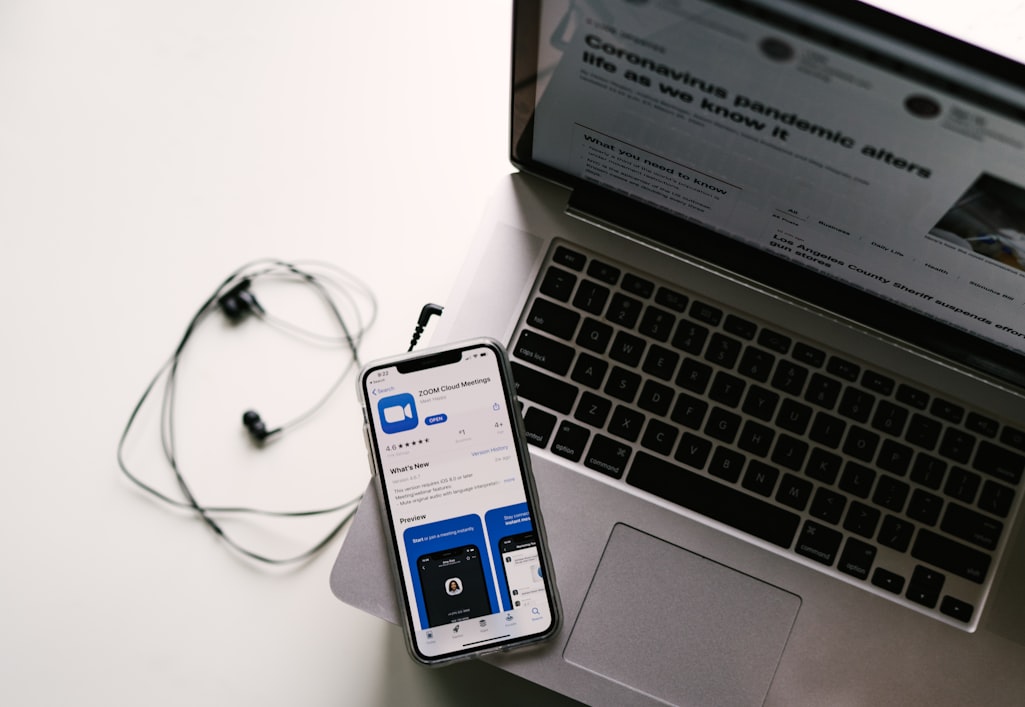
Back when I attended a Management Consulting course at Harvard, my professor wanted to drop my grade from a solid A to a B+ all because I didn’t answer a cold call. He generalized my lack of presence at that moment as my participation throughout the course and wanted to give me a grade to reflect that.
What he doesn’t know, and what I didn’t even bother to explain because it looked bad no matter what, was that I had fallen asleep during class after pulling an all-nighter on a “group” project that was due that day. Still, I was able to advocate my way to an A- in the course and see my professor as a Class-A jerk in the process.

It always puzzled me how he knew I wasn’t present in the moment. I mean, yes, I had my camera off, but so did many others. On top of that, he never really called on anyone. So why me? It wasn’t until recently that I figured out how he “caught” me.
How I Got Caught


Zoom has an attention-tracking feature built into its system that tells your professor (aka host) when you aren’t paying attention to lecture. The professor enables it in his/her preferences and will snitch if you click off Zoom for more than 30 seconds by displaying a clock next to your name. Shady, right?
How to Avoid Getting Caught

In order to avoid getting caught, or at the very least, avoid having your professor make an assumption that you are not paying attention, the simplest strategy is to not let 30 seconds elapse. However, many people are likely multi-tasking — as in taking notes, planning the next group meeting, checking email, texting, playing Words with Friends…you know, whatever it is that people do during an online course.
As a dedicated student, rather than being filled with worry about the professor thinking ill of you, there are at least 3 things you can do:
1. Pay Attention!

The simplest thing to do is to be attentive to class lecture. After-all, if you are taking a challenging class like how Financial Accounting was challenging for me, it would be in your best interest to do so. At the same time, there is much you can learn from your professor.
2. Use a Separate Device for Zoom

The only way your professor is going to know that you are doing something else is if you currently do not have Zoom in focus. You can mitigate this entirely by running Zoom off your iPad or iPhone and AirPlay it to your TV. However, if it were me, I would only be doing this to ensure that I am not going to lose participation points while multi-tasking. This of course, heavily assumes that this is how online professors track participation (which I seriously doubt).
3. Use Zoom’s Privacy Policy to Your Advantage

Zoom has a privacy policy, and boy you better believe about how wronged I felt that my professor was allegedly using the feature without letting us know. According to Zoom:
“…it is the meeting host’s responsibility to notify meeting participants if this feature is in use.”
–https://zoom.us/privacy
Communicating With Your Professor

There is no better time to bring up the attention-tracking feature than in class on Day 1. If you are reading this and wonder how to begin the discussion, my best advice is to not come off a certain way about it. Rather, simply ask, express, and emphasize your concerns. The professor will likely hear you out on it as he/she is also likely recording the class…more on this in another post.
So what do you think? Please comment below and don’t forget to share on social media!
 World Class Educator Become One.
World Class Educator Become One.
